Individuals & Events
Of course, individuals and events permeate history. However, the Key Stage 1 units of study particularly require the study of significant individuals and events. What makes an individual significant? What might be considered a significant event? The emphasis is upon a comparison of individuals and events that can be used to make links across time, themes and geographical space. In this section you will find resources and articles to help you to plan innovative units of work based around individuals and events that can either be used to reveal a local, national and international picture, or that can be used to illustrate themes over time or geographical space.
Sort by:
Date (Newest first) | Title A-Z
Show:
All |
Articles |
Podcasts |
Multipage Articles
-

A Significant Local Event: Carlisle floods
ArticleClick to view -
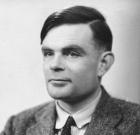
Alan Turing
ArticleClick to view -
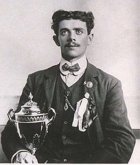
An Olympic Great? Dorando Pietri
ArticleClick to view -
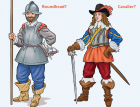
An approach to teaching the British Civil Wars in the primary classroom
ArticleClick to view -

Anniversaries: The Coventry Blitz and the Grave of the Unknown Soldier
ArticleClick to view -

Anniversary: Festival of Britain 1951
ArticleClick to view -

Arthur Wharton: the world’s first professional black footballer
ArticleClick to view -

Belmont’s evacuee children: a local history project
ArticleClick to view -
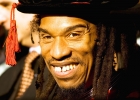
Beyond compare: a study of Beatrix Potter and Benjamin Zephaniah
ArticleClick to view -
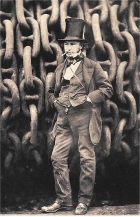
Brunel and Clifton Suspension Bridge
ArticleClick to view -

Chronology: Developing a coherent knowledge
ArticleClick to view -
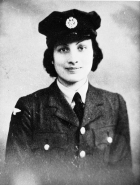
Cross Curricular Project on a famous person
ArticleClick to view -
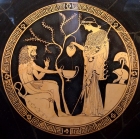
Did all Ancient Greek women stay at home and weave?
ArticleClick to view -
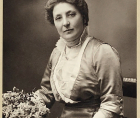
Earth heroes: Etta Lemon, ‘The Mother of Birds’
ArticleClick to view -
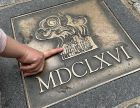
Exploring the Great Fire of London and Deaf history
ArticleClick to view -
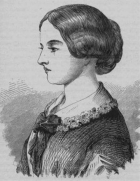
Famous People: Florence Nightingale (KS1)
ArticleClick to view -

Film series: The African-American Civil Rights Movement
ArticleClick to view -

Florence Nightingale
ArticleClick to view -

For whose God, King and country? Seeing the First World War through South Asian eyes
ArticleClick to view -
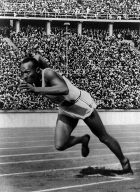
From Champion to Hero: Engaging Pupils in a study of significant Olympians
ArticleClick to view

